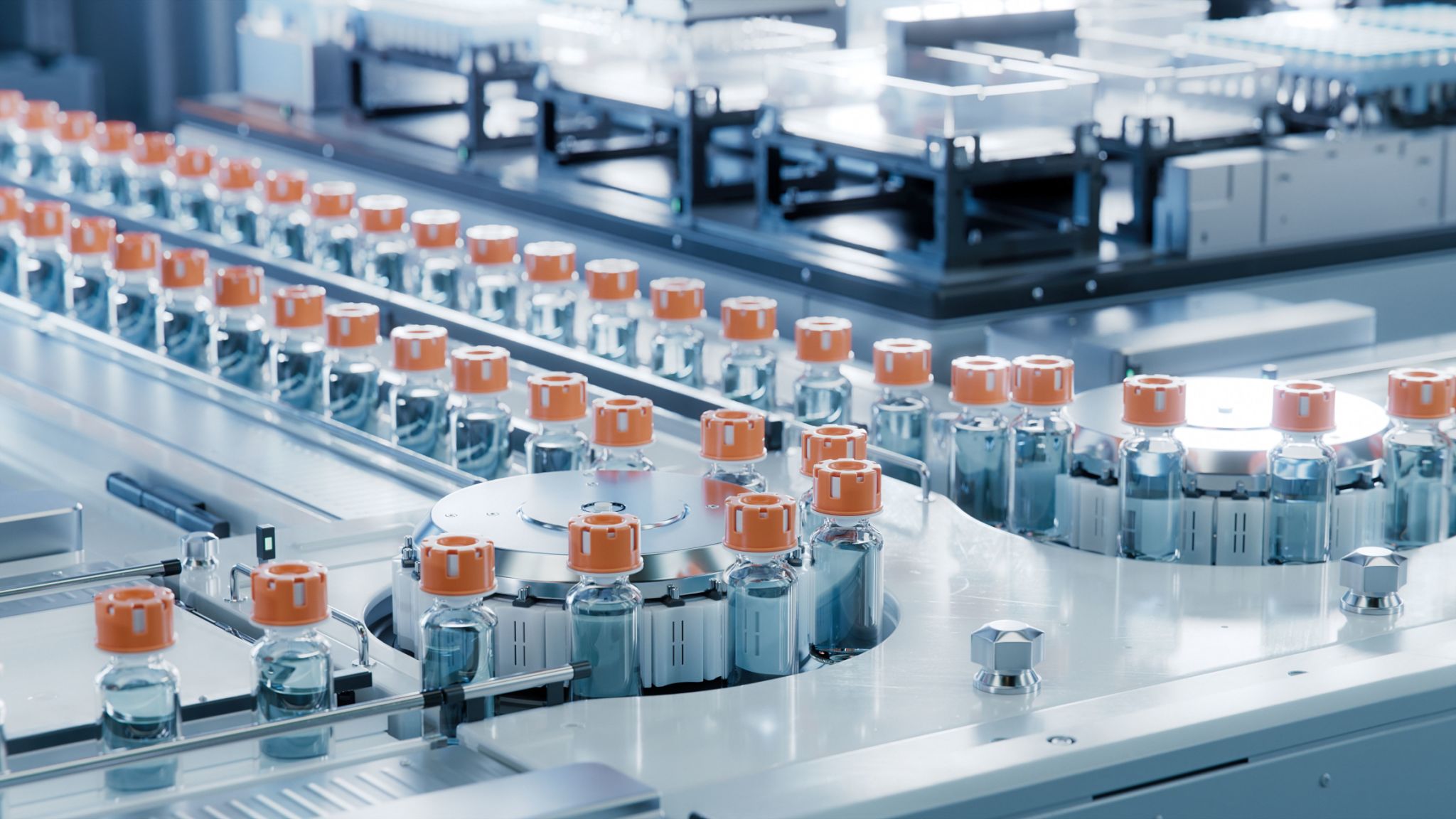Overcoming Manufacturing Challenges in Injectables Pharmaceuticals
Understanding the Complexity of Injectable Pharmaceuticals
The production of injectable pharmaceuticals is a critical component of the healthcare industry, demanding high precision and stringent quality standards. These medications, delivered directly into the bloodstream, require meticulous manufacturing processes to ensure safety and efficacy. As technology and medical demands evolve, manufacturers face numerous challenges in meeting these standards while keeping pace with innovation.
Injectables offer rapid therapeutic effects, making them essential for emergency treatments and chronic conditions. However, the complexity involved in their production is significant. From maintaining sterility to ensuring proper formulation, the challenges are multifaceted and require robust solutions.

Maintaining Sterility and Quality Control
One of the primary concerns in injectable pharmaceutical manufacturing is maintaining sterility throughout the production process. Contamination can lead to severe health risks, making it imperative that manufacturers adhere to strict cleanliness protocols. Using advanced cleanroom technologies and automated systems can help mitigate contamination risks.
Quality control is another critical aspect that cannot be overlooked. Implementing comprehensive testing methods and validation processes ensures that each batch of injectables meets the required safety standards. This includes microbial testing, pyrogen testing, and ensuring the correct dosage and formulation.
Addressing Supply Chain Challenges
The supply chain for injectable pharmaceuticals is complex, involving multiple stages from raw material procurement to distribution. Any disruption in this chain can lead to significant delays and increased costs. Manufacturers must establish resilient supply chains that can withstand global disruptions, such as those seen during the COVID-19 pandemic.
Developing local supplier networks and utilizing digital supply chain management tools can enhance transparency and efficiency. This approach not only mitigates risks but also helps in reducing lead times and costs associated with international shipping and logistics.

Innovation in Manufacturing Technologies
Technological advancements are playing a pivotal role in overcoming manufacturing challenges in injectables. Automated systems, artificial intelligence, and data analytics are being increasingly integrated into production lines to enhance precision and efficiency. These technologies enable real-time monitoring and predictive maintenance, reducing downtime and improving overall productivity.
Furthermore, innovations such as single-use systems and modular manufacturing units offer flexibility in production, allowing manufacturers to quickly adapt to changes in demand without significant downtime or resource wastage.
Regulatory Compliance and Global Standards
Navigating the complex landscape of regulatory compliance is another challenge for injectable pharmaceutical manufacturers. They must adhere to stringent regulations set by authorities like the FDA and EMA, which vary by region. Staying updated with global standards and ensuring compliance is crucial for market access and maintaining product integrity.
Engaging with regulatory experts and participating in industry forums can provide valuable insights into evolving regulations, helping manufacturers remain compliant while optimizing their processes.

Conclusion: Adapting to a Dynamic Industry
The manufacturing of injectable pharmaceuticals is a dynamic field that requires constant adaptation to overcome emerging challenges. By investing in technology, strengthening supply chains, and ensuring compliance with global standards, manufacturers can continue to deliver safe and effective products to meet the growing healthcare demands.
As the industry evolves, collaboration across sectors will be key to driving innovation and overcoming hurdles in injectable pharmaceutical manufacturing. By working together, stakeholders can develop sustainable solutions that enhance patient outcomes worldwide.